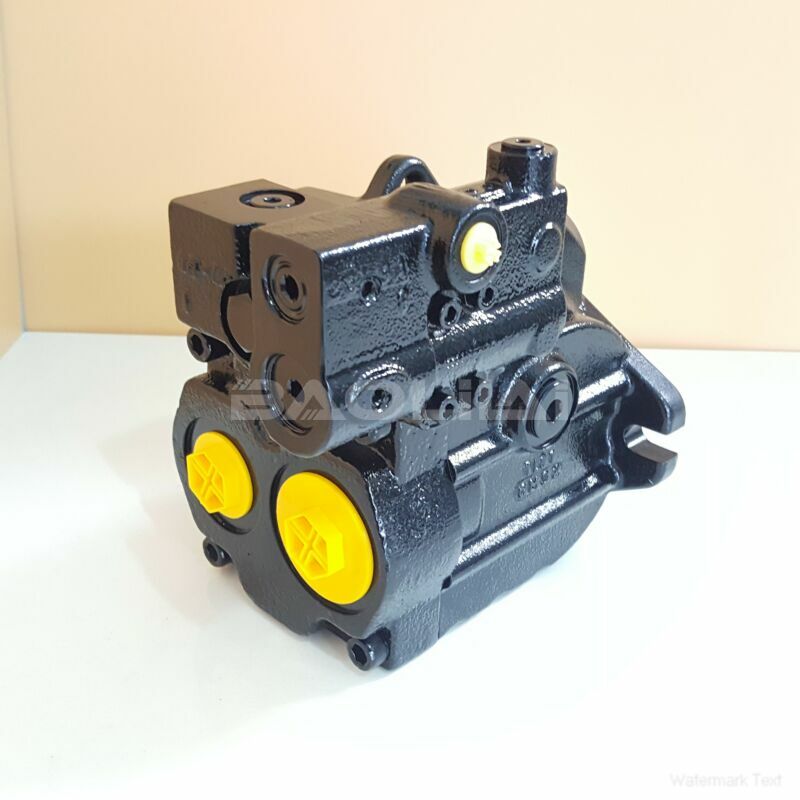KRR045DLS2110NNN3C2AGA6NPLBNNNNNN sauer danfoss pump
KRR045DLS2110NNN3C2AGA6NPLBNNNNNN sauer danfoss pump

- Product Details
- Applicable Scene
The dairy and beverage industries are vital sectors of the global economy, requiring efficient and reliable processes for the production, handling, and distribution of liquids. One of the essential components in these processes is the hydraulic oil pump, which plays a crucial role in fluid management. Designing hydraulic oil pumps specifically for fluid handling in dairy and beverage production involves several key considerations to ensure optimal performance and compliance with industry standards.
KR-R-045D-LS-21-10-NN-N-3-C2AG-A6N-PLB-NNN-NNN
KRR045DLS2110NNN3C2AGA6NPLBNNNNNN
Importance of Hydraulic Oil Pumps

83033938
Hydraulic oil pumps are integral to controlling fluid dynamics within production lines. They are designed to move oils and fluids with precision, ensuring consistent flow rates and pressure. In dairy and beverage production, hydraulic systems often handle various substances, including viscous dairy products, oils, flavored syrups, and carbonated beverages. Therefore, having a reliable hydraulic oil pump is critical for maintaining product quality and production efficiency.
Design Considerations
Material Selection:
The choice of materials used in hydraulic oil pump construction is vital, especially for the dairy and beverage industries, which have strict hygiene standards. Materials must be resistant to corrosion and easy to clean, like stainless steel or food-grade plastics. Additionally, components should be selected based on their compatibility with different fluids encountered in production, to prevent contamination and ensure safety.
Flow Capacity and Pressure:
The design of hydraulic oil pumps must accommodate the specific flow and pressure requirements of the dairy and beverage production lines. Different products have varying viscosities, necessitating pumps that can handle low to high viscosity fluids without compromising performance. Designing pumps with adjustable flow rates and pressure controls can help optimize various production processes.
Energy Efficiency:
Given the growing emphasis on sustainability, designing energy-efficient hydraulic oil pumps can have a profound impact on operational costs and environmental footprint. Employing advanced technologies such as variable speed drives or energy recovery systems can significantly enhance pump efficiency, reducing energy consumption while maintaining high-performance standards.
Maintenance and Durability:
Reliability is paramount in production environments. A well-designed hydraulic oil pump should require minimal maintenance while enduring continuous operation. Designing for easier access to components, such as filters and seals, can simplify maintenance tasks and ensure consistent performance. Additionally, using durable materials can extend the lifespan of the pump, reducing replacement intervals.
Regulatory Compliance:





